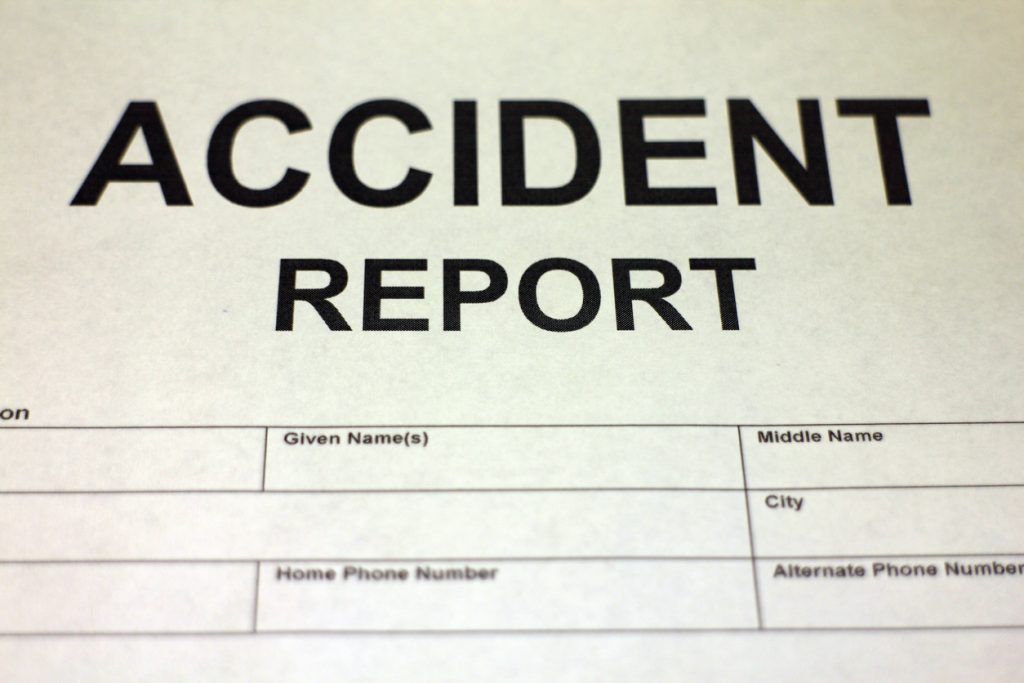
Though many lawyers can handle personal injury cases in their own way, a personal injury attorney can offer many benefits for your case. Though realize many personal injuries can cause emotional turmoil, work with a lawyer who handles the practical aspects of legal issues so that clients’ worries about their case are eased. As you start the healing process and the building of a personal injury case, understanding the fundamentals of legal process, the time frame, and what you’ll likely be facing upfront can go a long way to making the experience enjoyable. By knowing exactly how the process works, you’ll feel prepared for court.
One of the key factors in a personal injury case is establishing fault. Whether it was you who caused the accident or someone else did it, you’ll be responsible for the damages. If you have significant medical bills, lost wages, or pain and suffering, you may be eligible for financial compensation from the other party. In addition to determining who is at fault, you need to establish negligence. If someone didn’t maintain proper insurance coverage, for example, you might be able to recover your losses from the person or company that didn’t provide adequate coverage.
Gathering the necessary medical records, calling repair shops and auto body shops to see if repairs were made, and collecting other information related to your injury can all be done after you file your personal injury claim. Your doctor and other medical staff can give you contact information for the various medical care providers in your area. Once you’re settled on a course of action, you will need to gather the supporting documentation, such as your medical bills, receipts for lost wages, photos of injuries, and other pertinent documents that will help your attorney build your case.
Your attorney should gather all of the pertinent documentation related to your injury when you speak with the law firm of your choice. This includes any police reports, medical records, photos, prescription and auto insurance records, prescriptions, bills for lost wages, and other information related to your case. Many times, this information can be found on the police report, which often explains why you lost wages. Your Connecticut personal injury lawyer should also contact your employer to verify whether your job loss was related to an on-the-job injury, and whether you’re owed back pay.
After collecting all of the documentation that you’ll need to build your case, your personal injury lawyer will talk to the insurance company to try to settle the claim. Sometimes, they will accept the settlement offer, but sometimes they won’t. Your personal injury lawyers’ knowledge of how insurance works will be invaluable in these negotiations. Your attorney will try to negotiate a reasonable settlement that keeps you out of bankruptcy and keeps your medical bills low. The settlement amount may even be contingent on the severity of your injury, your age, and any other factors.
The next part of building a personal injury case is gathering statements from witnesses. You may call on a friend or family member who saw the accident happen, another party that saw the accident happen, and anyone else that you think might have useful information about the accident. Most personal injury attorneys won’t charge for the use of their services in an investigation. They will only receive a percentage of any settlements that are reached as a result of their interrogatories. It’s important to note that if the injured party fails to follow through with their interrogatories and doesn’t provide sufficient information to the investigating officer, they may not have enough evidence to support their claims in a court of law.
Once your investigations have been completed, your attorney will draft your final report and submit it to the insurance carrier and/or the defendant in your personal injury case. Your attorney will then work with you to make sure that you understand the contents of your final report and are completely satisfied that the portions that concern you are reasonable and relevant to your claim. Your attorney will collect statements from witnesses, gather any pictures or video that might be useful, collect any medical records that pertain to the accident, and create a timeline of the events that occurred leading up to your accident. All of this information will be used to support and build your case.
It can be difficult to build a personal injury case when there is so much information to process. Many personal injury attorneys find it helpful to enlist the help of an investigator. Although an investigator may not be required initially, it can make things much easier down the line as they seek to uncover more details about the incidents that have caused you injuries. Building a strong case begins with enough reliable evidence to support your claims, not just from witnesses, but from medical attention received after the incident. By allowing your attorney to gather all of the relevant information they need, you will be able to build a strong case that shows negligence on the part of the other party.
Looking for personal injury lawyers in Connecticut? Try:
